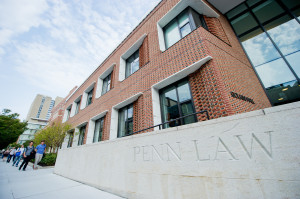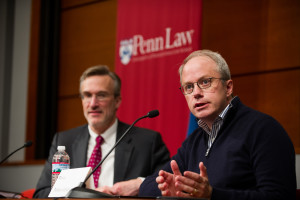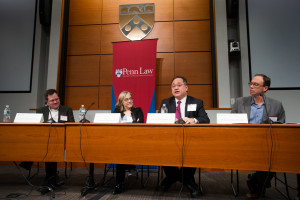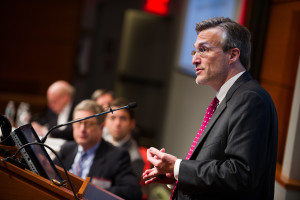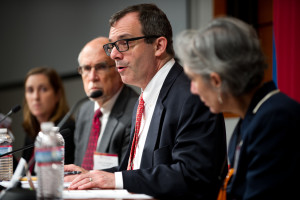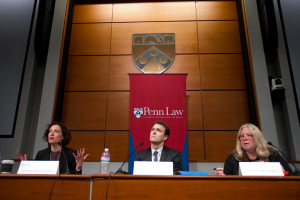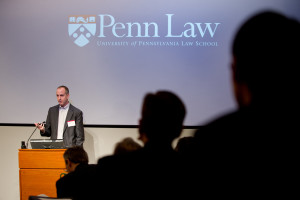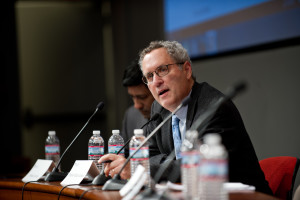The Student Side of RegBlog
Past and present editors share how RegBlog has shaped their legal education—and careers.
Seasons of Regulation
Assessing the past five years in regulation—and RegBlog’s achievements during this time—goes beyond numbers.
Smarter Regulation for the “Optimizing Economy”
An economy increasingly based on algorithms will need a more sophisticated government, too.
Conventions as Constraints on Executive Discretion
Adrian Vermeule’s closing remarks highlight the role of conventions in limiting the exercise of executive power.
Enhancing Democracy With Presidential Signing Statements
Christopher Yoo argues in defense of the use of presidential signing statements.
Using the APA to Constrain Presidential Inaction
Dan Walters argues that the Administrative Procedure Act provides the courts with the best framework for reviewing presidential inaction.
Who Decides?
Cary Coglianese assesses doctrinal limits on distinctions between presidential oversight and decision-making.
Does Anyone Know What the “Take Care Clause” Means?
Courts have used the take care clause in multiple, and sometimes conflicting, ways.
The Role of Faithful Execution in U.S. Immigration Policy
Patricia Bellia explores legality of deferred action program under the faithful execution clause.
Implementing Health Care Reform During a Political Stalemate
Nicholas Bagley analyzes expanding executive power in the name of health care reform.
Is Balance of Power a Useful Doctrine?
Eric Posner argues that “balance of power” is not a helpful concept for governing the relationship between the branches.
Constitutional Arrogance
Michael Gerhardt argues that the presidency is designed to stretch the boundaries of its power.


